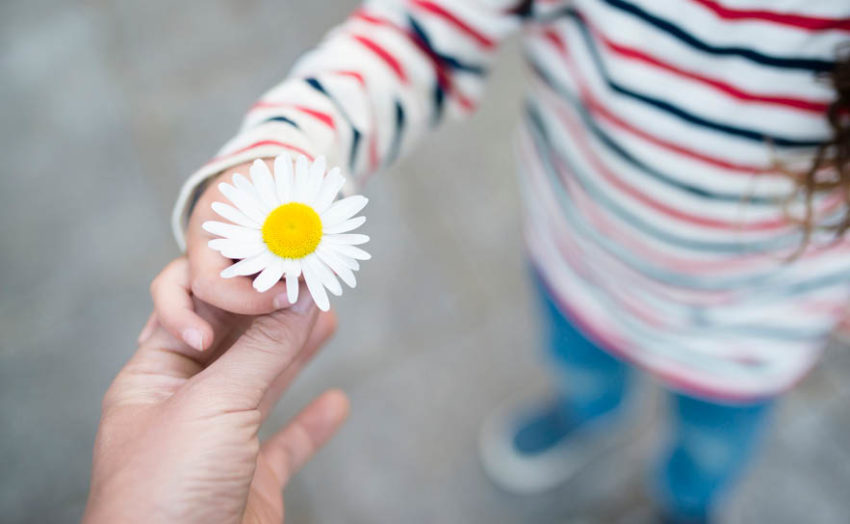Kindness Matters: World Kindness Day
November 13, 2019
4 min read
World Kindness Day: We asked an expert exactly why it’s good to be kind—and how to make kindness a part of everyday life.
November 13th is World Kindness Day, observed internationally to encourage acts of kindness. In honour of this day, we thought we would explore what we know about random acts of kindness as a way to practice generosity, and further investigate what we know simply about kindness in day-to-day life.
We were curious because it can be difficult to see how others’ are being kind. After hearing one too many disheartening story, we might feel like no one is really taking the time to care and be compassionate. To add, humans are unfortunately predisposed to think that others don’t have as good of intentions as themselves.
I would suggest to you, when you are feeling a bit cynical about the world, to ask someone about the last time they helped someone. In an informal survey, Charitable Impact asked a number of people this very question at our recent TechPong event. The event brings together the tech community and others to raise money for the causes they care about.
Kindness matters
Every single person we asked at TechPong had a story of recently helping another person out, some with heartwarming details. Just that week, Jessel Aquing had pushed a man’s car up a hill and helped him the gas tank that had run out. He had learned to be helpful from his dad, who was so moved he cried when Aquing told him how he had helped the man.
Others had recently helped a colleague at work (“It felt validating, like I knew something, I could solve a problem.”), had given up their seat to someone older on the bus (“It felt pretty good. They thanked me when they sat down.”), had helped someone with heavy luggage board a bus (“It felt good.”), or had helped someone apply for a job (“It makes a difference.”).
In act of reciprocity, one person we spoke to had invited someone he didn’t really know to become his roommate because they had nowhere to live. The helper himself had fallen into homelessness when he immigrated to Canada, having previously lived a very comfortable life. Others had supported him during this difficult time so he felt he needed to return the favour.
“You never know when it’s going to be you [who needs help],” added Aquing.
Kindness matters and it comes with its own rewards
With these encouraging responses in mind, we wanted to dive a bit further into exactly what we know about kindness and its impact. Clichés about kindness abound. You have probably heard a few that turned out to be valuable nuggets of knowledge. Sayings like “kindness always comes back to you” or “kindness is never wasted” might have inspired you to be more generous at moments in your life. And, that likely felt pretty good.
That’s because many of our longstanding beliefs on kindness have turned out to be true. You don’t need to take our word for it, we asked an expert.
Firstly, we know it really does pay to be kind.
“A growing body of research shows that people who engage in kind or generous behaviour experience higher levels of happiness and health,” said Dr. Lara Aknin, Distinguished Associate Professor of Psychology at Simon Fraser University.
Dr. Aknin’s views on the benefits of being kind-hearted are echoed by other scientists. Today, many researchers have joined with the idea that being generous and kind comes with certain rewards. Yes, that’s right: In giving, you receive.
Studies show that even very young children feel better after giving. Among older adults, helping others through volunteering has been linked to reduced levels of high blood pressure.
Because we are empathetic creatures our own moods can mirror those of others within our sphere of awareness. So helping someone feel better or improving their situation—even if it’s someone you have never met—can in turn make you feel better. This is why we can get an emotional boost from donating to charities that support people, be they living in our own community or across the world.
